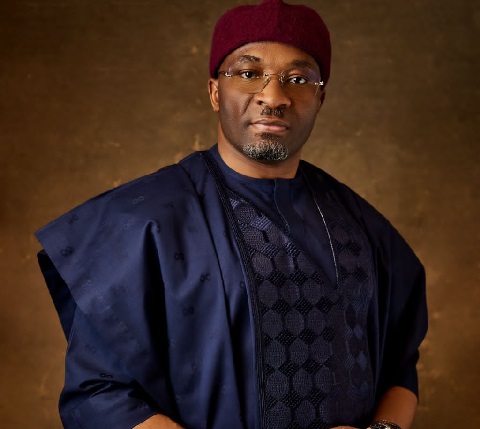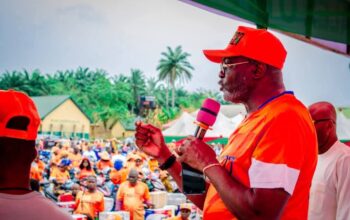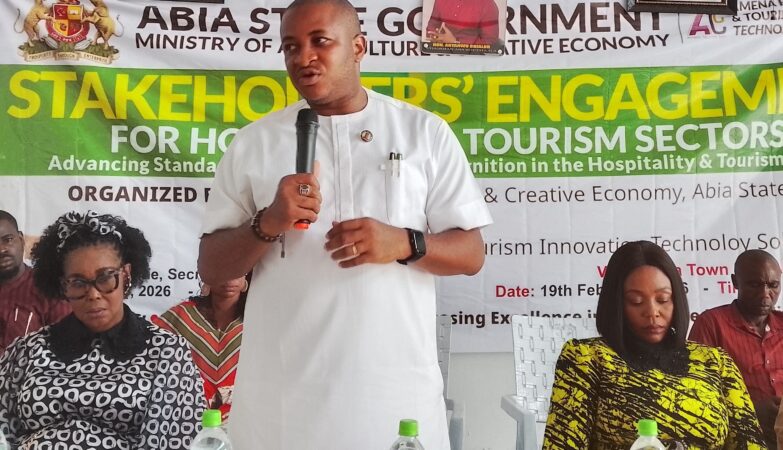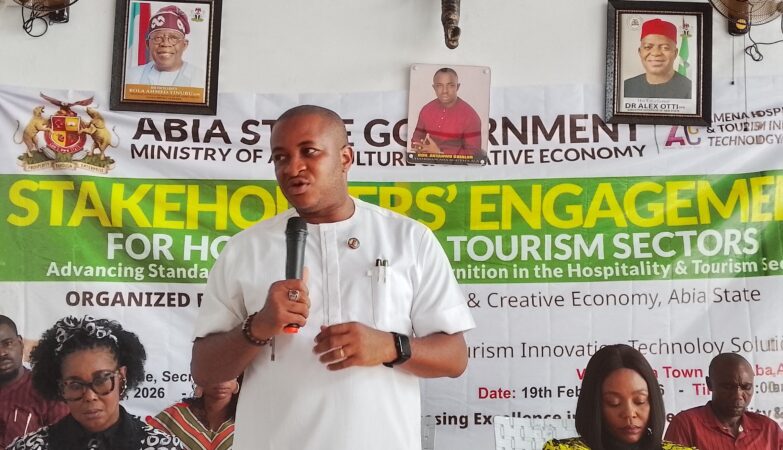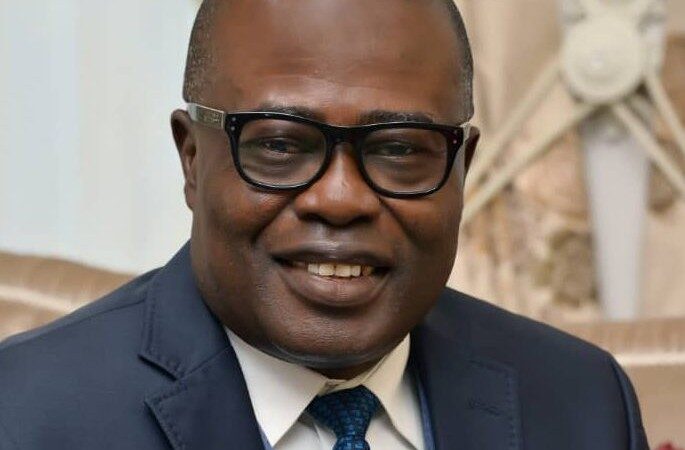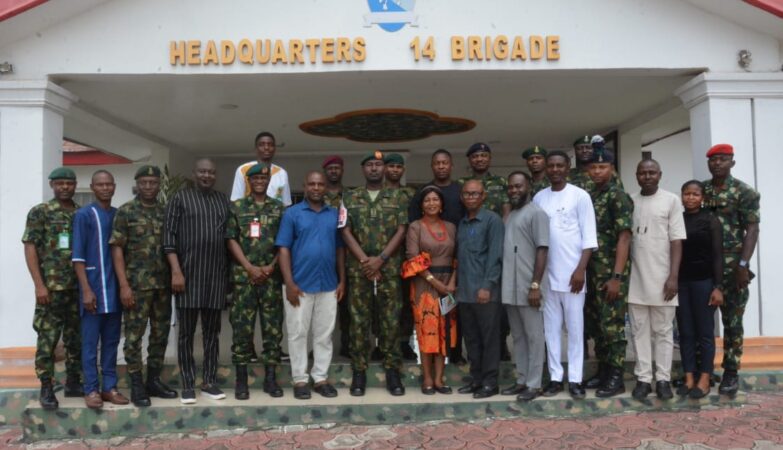By Comrade Nelson Nnanna Nwafor
Introduction
Hon. Benjamin Kalu, the Deputy Speaker of Nigeria’s House of Representatives and a legislator representing Bende Federal Constituency of Abia State, has distinguished himself as one of the most impactful lawmakers in recent years. His leadership style, legislative activism, and commitment to grassroots development have positioned him as a model for effective representation in Nigeria’s Fourth Republic. This analysis examines his performance through the lens of legislative powers, constituency outreach, and service delivery — the tripartite pillars of democratic representation.
- Legislative Power and Policy Influence
Hon. Kalu has demonstrated a strategic grasp of legislative powers, using his position not only to influence national debates but also to advance laws that address economic development, national security, and good governance. His sponsorship and co-sponsorship of bills reflect a focus on institutional strengthening, digital transformation, and youth empowerment.
Policy Initiatives: He has been instrumental in legislative frameworks aimed at improving transparency, technological innovation, and local industry participation.
Leadership Impact: As Deputy Speaker, he has ensured the House’s commitment to participatory democracy by fostering inclusive debates and bipartisan cooperation.
His style embodies the transformational use of legislative authority — moving from rhetoric to measurable reform.
- Constituency Outreach: Bridging the Gap Between Abuja and Bende
A defining feature of Hon. Kalu’s tenure is his hands-on approach to constituency engagement. Recognizing that legislative work must translate into local benefits, he has maintained consistent communication and presence in his constituency.
People-Centered Programs: Through empowerment schemes, skill acquisition training, and educational interventions, he has uplifted youth and women in Bende.
Infrastructure Development: Roads, water projects, health centers, and educational facilities have been upgraded through federal intervention facilitated by his office.
Accessibility: His open-door policy and responsiveness to constituency concerns have deepened trust and political inclusion.
This model of outreach underscores a responsive representation paradigm, where citizens are not just voters but active partners in governance.
- Service Delivery: Turning Representation into Results
Hon. Kalu’s service delivery extends beyond physical projects to institutional efficiency and policy advocacy. He has promoted initiatives that enhance transparency, economic growth, and governance reforms.
Accountability Mechanisms: He has advocated for oversight effectiveness, ensuring that government agencies deliver on mandates.
National Integration and Peacebuilding: Through his legislative diplomacy, particularly in promoting national cohesion and dialogue across ethnic divides, he exemplifies statesmanship.
These interventions demonstrate that effective service delivery is not limited to infrastructure—it includes the delivery of governance itself.
- Setting the Pace: A Model for Legislative Excellence
Hon. Benjamin Kalu’s blend of legislative competence, public engagement, and policy innovation has set a benchmark for contemporary lawmakers. His success illustrates that effective representation requires:
Visionary legislative leadership
Consistent constituency connection
Accountability-driven service delivery
Conclusion
Hon. Benjamin Kalu’s recognition as Legislator of the Year is a reflection of his pragmatic leadership and unwavering dedication to both his constituents and the Nigerian nation. By using legislative powers to empower the people, he has redefined the role of a legislator — from lawmaker to change-maker. His model of representation offers a roadmap for others seeking to bridge the gap between the halls of power and the needs of the people.
From comrade Nelson Nnanna Nwafor Executive Director FENRAD
An Environmental Rights campainger, Human Rights Activist and Good Governance Advocate
Tel; 08033383708, 07062949232
Email info@fenrad.org.ng
info.fenradnigeria@gmail.com

